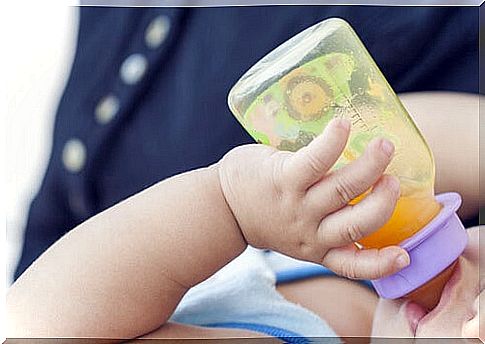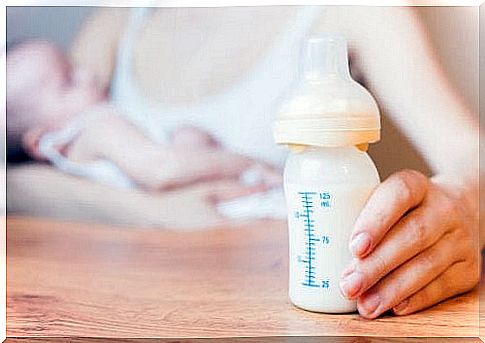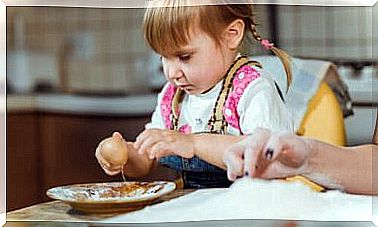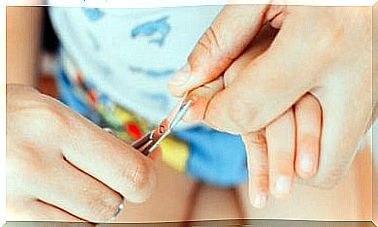The Importance Of Iron In Baby’s Nutrition – Being Parents

Iron in the baby’s diet is very important. This is because it can prevent diseases such as anemia, one of the most common in growing children. This mineral cannot be lacking in the diet of the little ones, especially when they are between 0 and 12 months old.
According to the United States Institute of Medicine, it is recommended that the child receive 11 mg of iron per day between 6 months and 1 year. And if he is between 12 and 36 months old, it is recommended to give him 7 mg per day. To get started with adding iron to baby’s diet, let’s find out a few foods that can work really well:
Foods containing iron
From the moment the baby starts complementary feeding, it should be rich in iron. Therefore, it is important to add foods containing this mineral, and helping to assimilate it, to your diet. Here are some recommendations:
- It is advisable to avoid milks with low iron content such as cow’s milk, goat’s milk or soy milk.
- It is also advisable to reduce the consumption of foods that contain iron absorption inhibitors. The same goes for anti-nutrients such as fiber, calcium, oxalates, phytates and phosphates.
- It is important to introduce foods such as meat and fish in mashed form from the age of 6 months.
- The baby should eat foods that contain vitamin C. This vitamin increases the absorption of iron.

- The daily intake of milk should be 500 ml / day.
- It is good to eat vegetables such as peas, spinach, broccoli, cauliflower, and beets.
The consequences of a lack of iron in the baby’s diet
Lack of iron in a baby’s diet can have many consequences. Anemia is the most common. But in addition to this disease, the child can suffer from other health problems:
- Latent iron deficiency . The deficit of iron deposits in the body.
- Iron deficiency anemia. With hematopoiesis, the one with the highest prevalence
- Iron deficiency is manifested by: a lack of iron in the plasma or circulating iron.
- Damage to the central nervous system, during the development of the cognitive and psychomotor system.
- It affects memory and learning functions.
How to guarantee the iron intake?
Prevention of a lack of iron in the baby’s diet should begin at the age of 4 or 6 months. We can, for example, introduce foods rich in this mineral. In addition, introduce foods that promote its absorption. The World Health Organization (WHO) recommends ensuring the intake of this mineral in children’s diets through food fortification, supplementation and diet diversification.
The absorption of iron is most effective when it is ingested during the process of digestion with ascorbic acid or citric acid.
Vitamin C, found in orange and some other fruits, improves the absorption of this mineral in the baby’s diet. Some experts say that certain infusions and cow’s milk can inhibit the absorption of iron.
Breast milk is an excellent and highly absorbable way to provide this mineral to your baby. After breastfeeding, a continuation formula can also help provide the extra iron the baby needs. Remember that a fortified continuation formula can help supplement a balanced diet.

Remember to take iron during pregnancy
Eating iron during pregnancy is also essential. Your body will need this mineral to keep your immune system healthy and for the reasons we outline below:
- The amount of blood circulating in your body increases during pregnancy. You will therefore need iron to produce more hemoglobin.
- You need more iron to feed the growth of the placenta.
- Iron deficiency anemia is linked to premature birth and low birth weight babies.
We have to be very careful that the baby gets the amount of iron he needs for his development and growth. Food is therefore very important. In addition, the absence of any basic mineral can cause health problems. If you have a concern about a food, it is essential that you consult your pediatrician.









